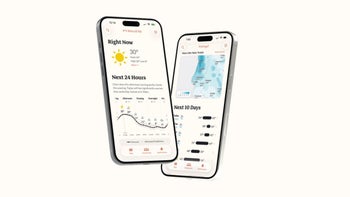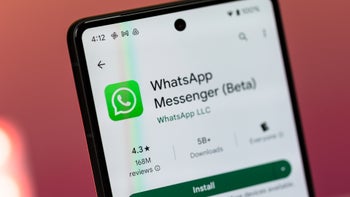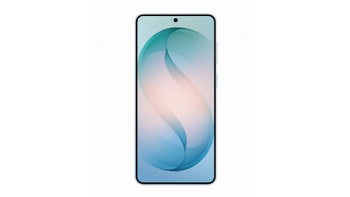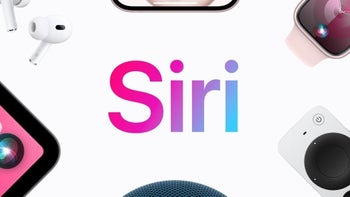iPhone 15 models get promoted to a 7/10 repairability score from 4/10

Are you into DIY repairs? Do you own an iPhone that you want to repair yourself?
Yeah, well, tough luck, buddy.
Because of Apple's engineer and design decision, iPhones historically have not been among the most repairable devices out there.
But is the wind changing its course? Are we getting more and more easily repairable smartphones from the Cupertino giant?
Maybe.
See, there's an update (in the positive direction) on iPhone repairability scores by iFixit – the experts in the field of repairability.
iFixit says that the repairability scores are designed to provide helpful guidance for users who prioritize the ability to repair their own devices when making purchasing decisions. Altering these scores can sometimes lead to confusion, so changes are made sparingly. However, when significant shifts occur, updates are made to ensure the scores accurately reflect the latest developments. The goal is to keep users well-informed.
With the introduction of Repair Assistant, fixing slightly older iPhones has become simpler. Users no longer need to contact an Apple representative when using authorized components directly bought from Apple.
Though this change doesn't influence repairability scores, the addition of a detailed service history in iOS 18 stands out as a valuable feature.
However, the improvements are limited– repairs using third-party parts or even genuine Apple parts from other iPhones still suffer from the same frustrating limitations on functionality that have been present for some time.
Though the initial experience with Repair Assistant on the iPhone 15 series had its quirks, the feature is undeniably a significant improvement.
It now allows users to install parts from other identical iPhones – a key benchmark for iFixit’s repairability scores – and calibrate them directly on the device using free, publicly available software.
This process helps restore most of the phone’s full functionality after repairs. While some issues were noted, there's cautious optimism that these minor glitches will be resolved soon, making repairs even smoother.
The iPhone 16 series is showing great promise in terms of repairability, potentially becoming one of the easiest iPhones to fix, the report reads. Final repairability scores will be determined once Apple releases replacement parts.
So far, the experience with Repair Assistant on these models has been smooth and straightforward for the iFixit team. While hardware repairs still present some challenges, Apple’s improvements on the software side set a new standard for the industry, making the process more user-friendly than ever.
Yeah, well, tough luck, buddy.
Because of Apple's engineer and design decision, iPhones historically have not been among the most repairable devices out there.
Maybe.
See, there's an update (in the positive direction) on iPhone repairability scores by iFixit – the experts in the field of repairability.
The state of iPhone repairability has changed (again), and today we’re updating repairability scores on iFixit accordingly. While the launch of Apple’s Repair Assistant software tool represents a hugely positive development for repair shops and enthusiasts alike, its benefits don’t accrue to all iPhones equally. [...] Overall this is good news, and we’re happy to see Apple devoting resources to making iPhone repair more viable, accessible, and dare we say it, fun.
– Jeff Suovanen, Senior Technical Editor at iFixit, October 2024
iFixit says that the repairability scores are designed to provide helpful guidance for users who prioritize the ability to repair their own devices when making purchasing decisions. Altering these scores can sometimes lead to confusion, so changes are made sparingly. However, when significant shifts occur, updates are made to ensure the scores accurately reflect the latest developments. The goal is to keep users well-informed.
Repairability scores for iPhone 12, 13, and 14: no change (4/10)
With the introduction of Repair Assistant, fixing slightly older iPhones has become simpler. Users no longer need to contact an Apple representative when using authorized components directly bought from Apple.
Though this change doesn't influence repairability scores, the addition of a detailed service history in iOS 18 stands out as a valuable feature.
However, the improvements are limited– repairs using third-party parts or even genuine Apple parts from other iPhones still suffer from the same frustrating limitations on functionality that have been present for some time.
Repairability scores for iPhone 15 models: now 7/10, previously 4/10
Though the initial experience with Repair Assistant on the iPhone 15 series had its quirks, the feature is undeniably a significant improvement.
This process helps restore most of the phone’s full functionality after repairs. While some issues were noted, there's cautious optimism that these minor glitches will be resolved soon, making repairs even smoother.
Repairability scores for iPhone 16: provisionally awarded 7/10 scores
The iPhone 16 series is showing great promise in terms of repairability, potentially becoming one of the easiest iPhones to fix, the report reads. Final repairability scores will be determined once Apple releases replacement parts.
So far, the experience with Repair Assistant on these models has been smooth and straightforward for the iFixit team. While hardware repairs still present some challenges, Apple’s improvements on the software side set a new standard for the industry, making the process more user-friendly than ever.
So, are you ready to unleash your inner DIY mastermind? Personally, I wouldn't bother with other, harder to repair iPhone models.
Follow us on Google News














Things that are NOT allowed:
To help keep our community safe and free from spam, we apply temporary limits to newly created accounts: